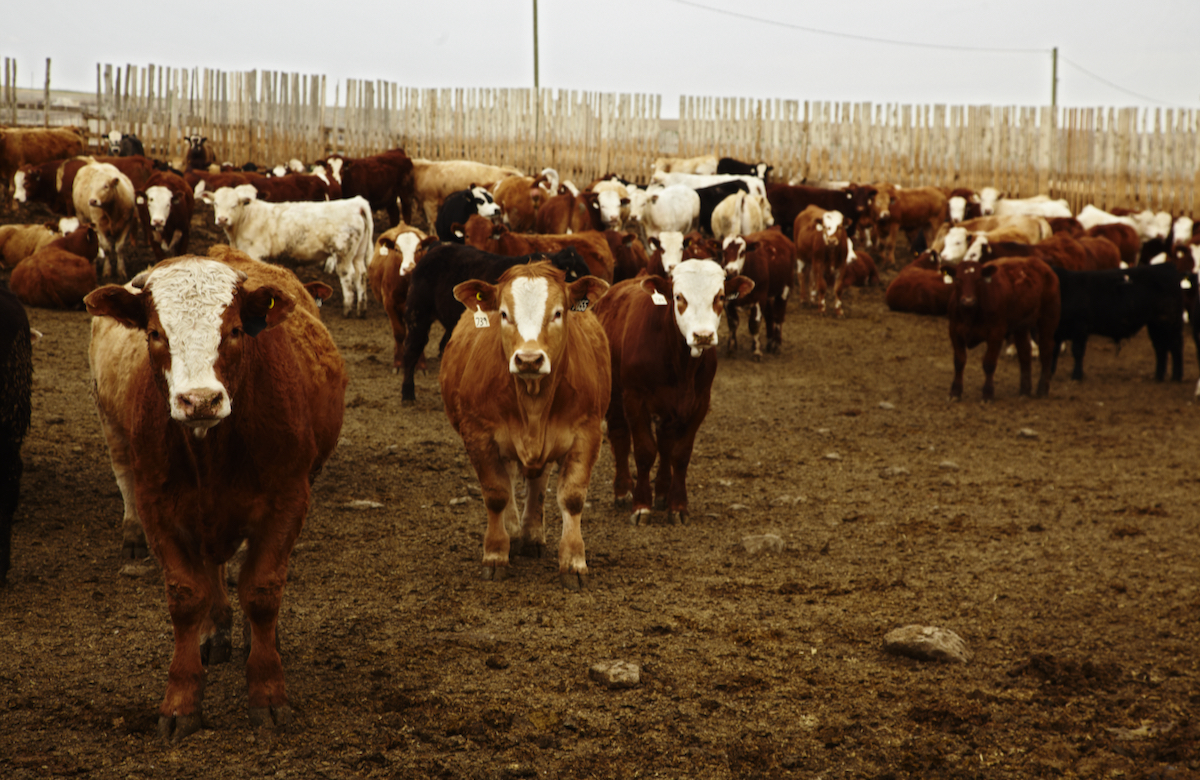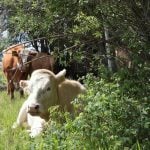Ontario’s provincial government will make a $10 million investment in Bioniche Life Sciences’ expansion plans for commercial-scale production of its E. coli vaccine for cattle.
The company owns the rights to worldwide commercialization of the vaccine, which Bioniche said can prevent E. coli O157:H7 from colonizing in cattle’s digestive systems and can reduce the amount of the bacteria the animals shed, thus reducing the risk of contaminating beef products or public water supplies.
Bioniche plans a $107 million expansion of its Belleville facility in southern Ontario to produce this vaccine and others.
Read Also

U.S. livestock: Cattle at fresh highs, hogs weaken
Cattle futures on the Chicago Mercantile Exchange climbed to fresh highs on Tuesday, as tight supplies and the ongoing closure…
“We can’t eliminate infectious bacteria from our environment entirely,
but we can help reduce the harm that E. coli O157:H7 causes to people’s health
and Ontario’s food industry,” said Bioniche CEO Graeme McRae in an Ontario government release on Tuesday.
McRae reiterated that the company will be the first in the world to produce and distribute such a vaccine, and manufacturing it on a commercial scale wouldn’t be possible without the province’s support.
The province’s investment comes from the province’s Advanced Manufacturing Investment Strategy (AIMS), which provides repayable loans as investments in technology and innovation, interest-free for up to five years. The funding follows a previous $2 million grant to Bioniche in September from the province’s rural economic development program.
Some cattle operations in Ontario and Saskatchewan have already used the Bioniche vaccine on their animals, through a “conditional authorization” permit granted by the Canadian Food Inspection Agency (CFIA) while the vaccine is under review here. However, the U.S. Department of Agriculture (USDA), citing a field use study by the University of Nebraska last year, recently opted not to grant Bioniche a license for the product in the U.S.
Bioniche said it plans to submit more statistical analyses and rationale to USDA, but if the department won’t budge, Bioniche said it will have to take on further studies of its product in 2008.
Bioniche last month called attention to two peer-reviewed articles from the Journal of Food Protection, which examine data from the University of Nebraska-Lincoln’s field challenge studies of the vaccine in 2002 and 2003. The company said the two studies “substantiate the efficacy of the Bioniche vaccine.”
Bioniche’s vaccine was developed by a strategic alliance formed in 2000 which also included the University of British Columbia, Alberta Research Council and Vaccine and Infectious Disease Organization (VIDO) at the University of Saskatchewan.















